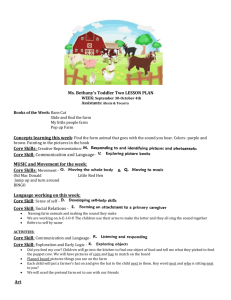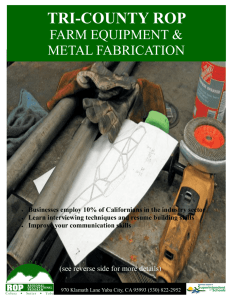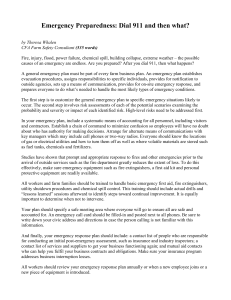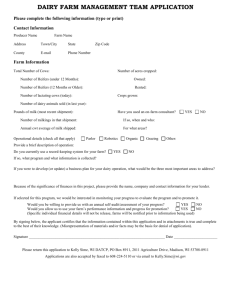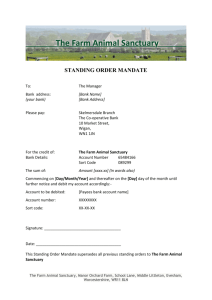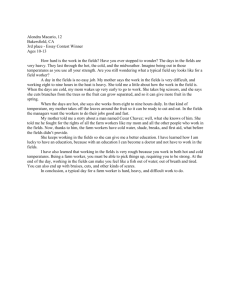Six months certificated course, or one year diploma course in
advertisement
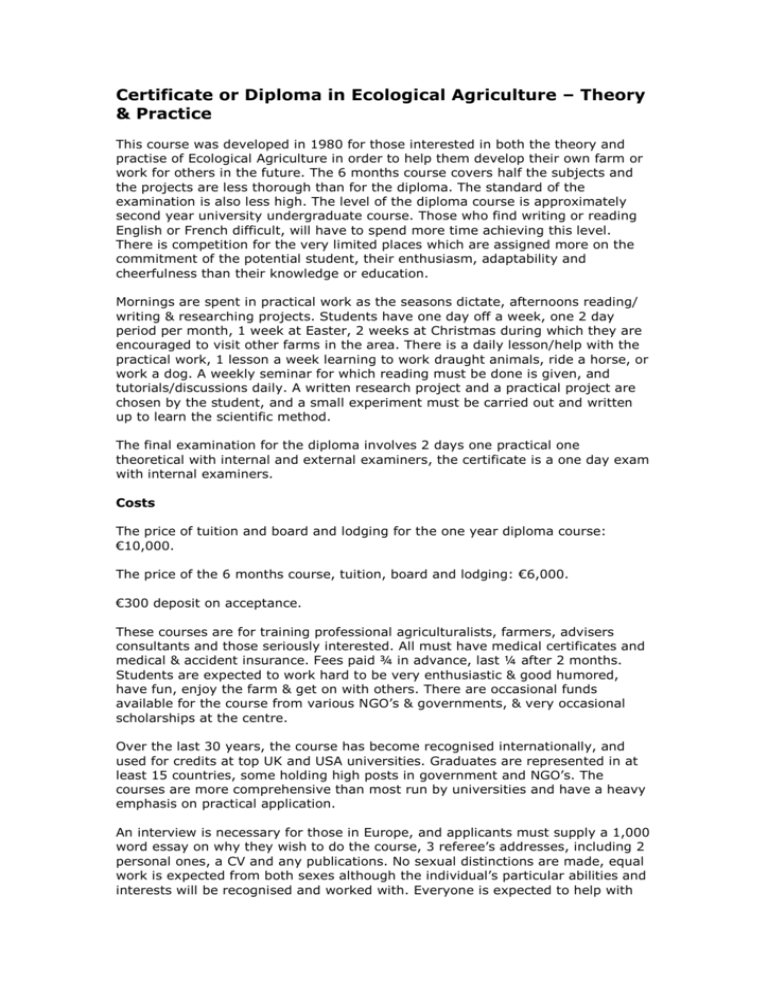
Certificate or Diploma in Ecological Agriculture – Theory & Practice This course was developed in 1980 for those interested in both the theory and practise of Ecological Agriculture in order to help them develop their own farm or work for others in the future. The 6 months course covers half the subjects and the projects are less thorough than for the diploma. The standard of the examination is also less high. The level of the diploma course is approximately second year university undergraduate course. Those who find writing or reading English or French difficult, will have to spend more time achieving this level. There is competition for the very limited places which are assigned more on the commitment of the potential student, their enthusiasm, adaptability and cheerfulness than their knowledge or education. Mornings are spent in practical work as the seasons dictate, afternoons reading/ writing & researching projects. Students have one day off a week, one 2 day period per month, 1 week at Easter, 2 weeks at Christmas during which they are encouraged to visit other farms in the area. There is a daily lesson/help with the practical work, 1 lesson a week learning to work draught animals, ride a horse, or work a dog. A weekly seminar for which reading must be done is given, and tutorials/discussions daily. A written research project and a practical project are chosen by the student, and a small experiment must be carried out and written up to learn the scientific method. The final examination for the diploma involves 2 days one practical one theoretical with internal and external examiners, the certificate is a one day exam with internal examiners. Costs The price of tuition and board and lodging for the one year diploma course: €10,000. The price of the 6 months course, tuition, board and lodging: €6,000. €300 deposit on acceptance. These courses are for training professional agriculturalists, farmers, advisers consultants and those seriously interested. All must have medical certificates and medical & accident insurance. Fees paid ¾ in advance, last ¼ after 2 months. Students are expected to work hard to be very enthusiastic & good humored, have fun, enjoy the farm & get on with others. There are occasional funds available for the course from various NGO’s & governments, & very occasional scholarships at the centre. Over the last 30 years, the course has become recognised internationally, and used for credits at top UK and USA universities. Graduates are represented in at least 15 countries, some holding high posts in government and NGO’s. The courses are more comprehensive than most run by universities and have a heavy emphasis on practical application. An interview is necessary for those in Europe, and applicants must supply a 1,000 word essay on why they wish to do the course, 3 referee’s addresses, including 2 personal ones, a CV and any publications. No sexual distinctions are made, equal work is expected from both sexes although the individual’s particular abilities and interests will be recognised and worked with. Everyone is expected to help with all house & farm work as asked. We live generally according to our principles & are isolated in the beautiful mountains eating only are own food, thus it is important that applicants can enjoy this and have a profound interest in the natural world. SYLLABUS FOR 1 YEAR COURSES First Term What is ecology, and how does it work? An introduction to how ecological principles can be used in food production. Today’s problems with agriculture and food production, different alternative approaches: biodynaimic, permaculture, ecological agriculture, organic agriculture their similarities and differences. What is ecological agriculture, what is its basis and why, an introduction to environmental ethics and animal welfare science. The future & how shall we feed the world’s human population, or can we? Second Term Animal Needs & Welfare - Basic physiology and anatomy of different farm animals, nutrition, reproduction, behaviour and good management of poultry, cattle, sheep, horses, donkeys, working dogs, poultry & any other mammals. Dairying, Care of Dairy Cow/Goat/Sheep - Preserving milk, cream, cheese and butter, yogurt and other product making. Draught Animal - Husbandry, elementary teaching, equipment, harness etc. Soils - Structure, pH, how to improve it, humus and nutrients, methods of composting & mulching. Horticulture & Field Crops - Different methods, dig & no dig, mulsh. Use of draft animals, human labour, weeds, maximising production per unit area. Watering, weeding, sowing, harvesting & preserving vegetables, grain etc. Grassland - Production & management, Lucerne, and other forage crops. Harrowing, topping, reseeding, use of indigenous grasses, hay & silage making, Cooking - How to use the products from the farm and wild environment to make exciting and palatable dishes, bread, cakes, curries, savories, vegetarian & non vegetarian. Alternative Energy - Productions, wind, water, tidal, sun, wood, low tech to make your own & generate electricity. Water - How to conserve & use sparingly. Irrigation systems, sewage disposal, reed beds, recycling, dry toilets, use of second hand water. Recycling - Of all products from the farm, plastic, packaging, etc. Third term Fencing & Hedge - Making and maintaining, types and ways of making barriers. Forestry - Management, spot felling, clear felling, coppicing, hurdle and gate making, planting trees, types and uses, basket making & willow harvesting. Fire wood etc. Fruit - Production, plants & their planting, micro climates, pruning, pollarding, disease control. Harvesting & preserving. Wildlife Conservation - How to integrate with food production, where, when, how. Use of a flora and recognition of parts of plants, Use of bird books & other identification methods. Wild Products - From the farm how to manage and harvest them sustainabley The Importance of Aesthetic Considerations - In the landscape, design of farm buildings, fences and houses, use of local low cost materials. Use of Farm Materials - To make items for sale (e.g. pottery from our clay, spinning, weaving & knitting wools, leather curing & working, baler twine use, sewing, rough carpentry, furniture making etc).

